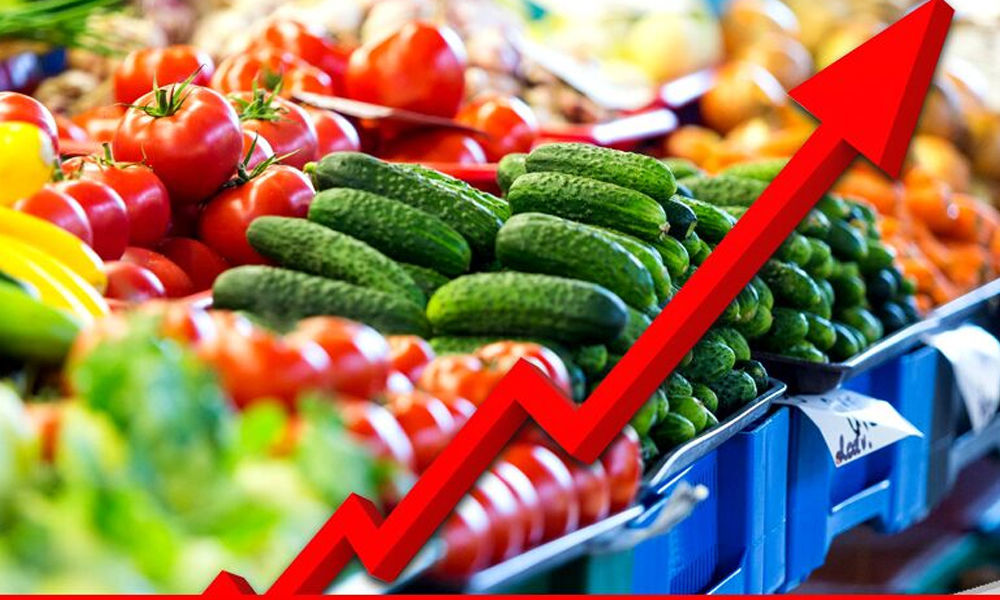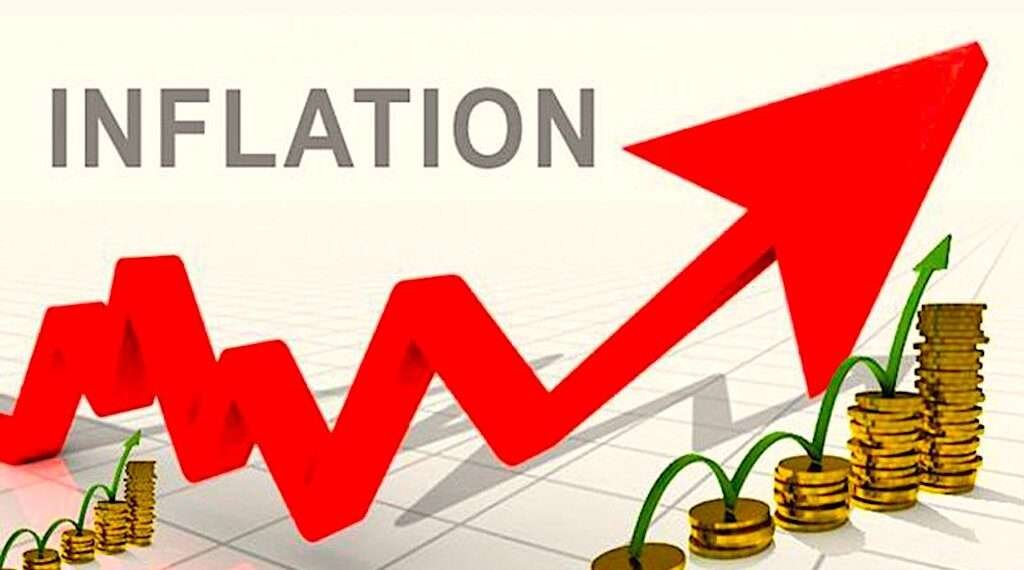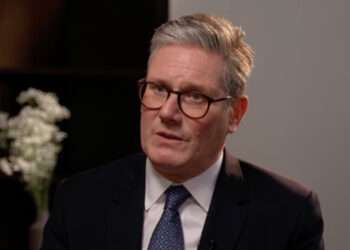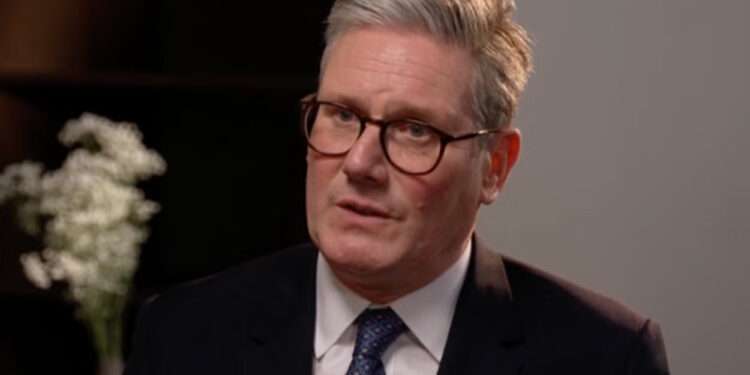Economist Prof. Eric Osei-Assibey, Senior Lecturer at the Department of Economics of the University of Ghana (UG), has stated that the absence of government financing by the Bank of Ghana (BoG) in 2023 will have a positive impact on reducing inflation levels in the country.
In December 2022, Ghana experienced its highest inflation rate in more than twenty (20) years, which is 54.1%. Since then, there has been a slight decrease to 53.6% in January 2023; making it the first time since 2021, inflation has reduced.
The new inflation rate though better compared to the previous, is still above government’s targeted range of 6-10% for the past 17 months.
Speaking at the 2023 Ghana Economic Outlook Forum in Accra, Prof. Eric Osei-Assibey explained that the move will reduce government’s expenditure and will significantly curb inflation in Ghana.
“If you look at the data that was presented when IMF was in place 2018,2019; when central bank was actually not financing government, the fuel inflation was really in fast into the bud because liquidity injection was very low.

“The monetary outfit was around 23% thereabouts and today, it’s around 45%. So this year, all things being equal, if there’s going to be that ‘zero central bank financing’, then we are saying that that liquidity injection is not going to happen. So, that will significantly reduce people’s purchases and also, in combination, that is the high MPR that government, the central bank is pursuing – strict monetary policy.”
Prof. Osei-Assibey
The surge in the prices of goods and services lately, especially of food has been observed to be the cause of the hikes in Ghana’s inflation.
Government urged to liaise with key stakeholders to reduce inflation
Prof. Osei-Assibey entreated the government to work closely with various stakeholders to reduce food inflation. This, he said is a smart way of reducing the country’s high inflation.
Recent data from the Ghana Statistical Service shows that food inflation went up to 61% in January 2023, from 59.7% in December 2022.
To address this, Prof. Osei-Assibey said this requires the adoption of such an approach (stakeholder engagement) to bring the rate of food inflation down.
The Economist urged government to be deliberate in its attempt to support the agricultural value chain.
“The current hike in food inflation has to do with our inability to produce enough of what we consume which is serious. So I am of the view that, if we are able to come out of this crisis, we need to be deliberate in our approach for good policies to support farming on a large scale.”
Prof. Osei-Assibey

Prof. Osei-Assibey further called for investments to be made in the financial sector and requested that banks review a number of the sector’s support initiatives.
Specifically, to the government, Prof. Osei-Assibey urged that it steps up its efforts to raise domestic tax collection.
“When we have banks supporting agriculture, I think it will help to ensure a robust economy. We need investment at this point in the agriculture value chain. There is also the need for government to rake in more revenue to support various sectors in the economy.”
Prof. Osei-Assibey
The American Chamber of Commerce Ghana 2023 Economic Outlook report provided insight into government’s tax provisions, fiscal and monetary development, debt sustainability, and key macroeconomic performance and targets.
READ ALSO: Ministerial Vetting: Parliament Is Simply An Appendage Of The Executive- Sam George



















